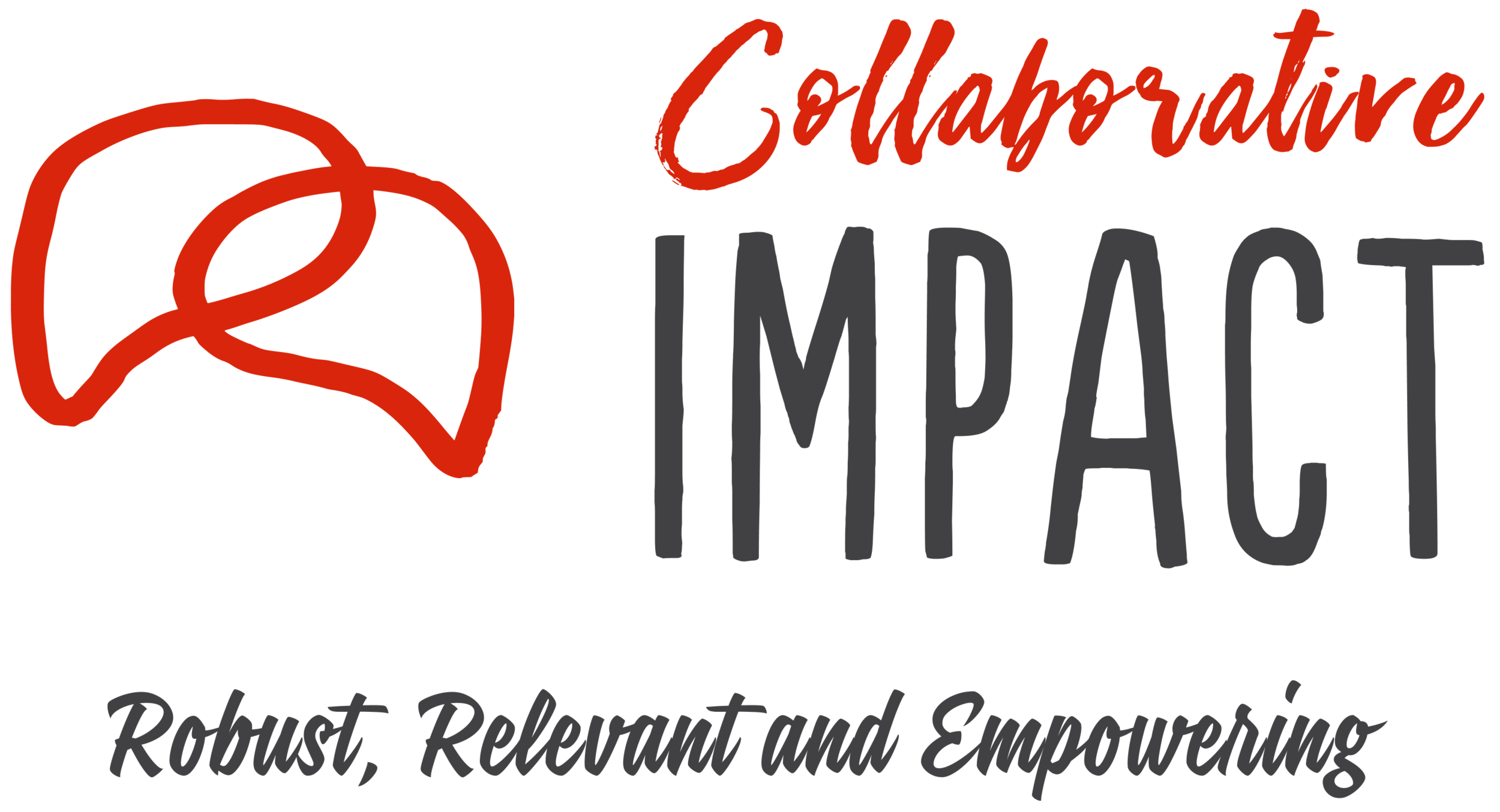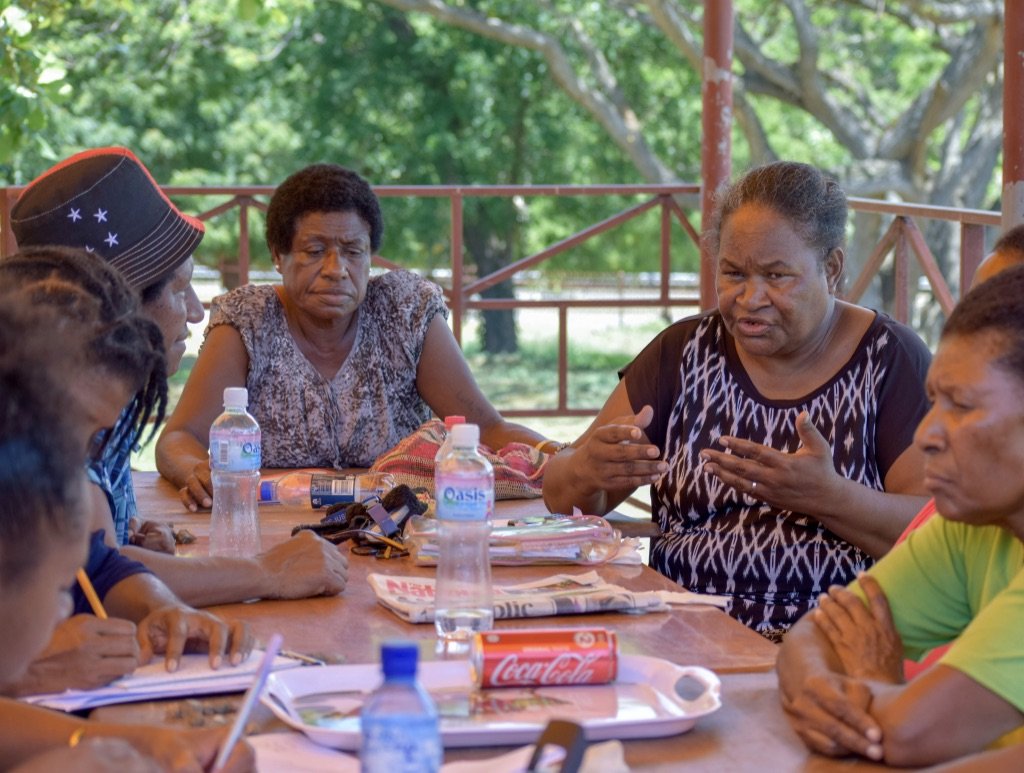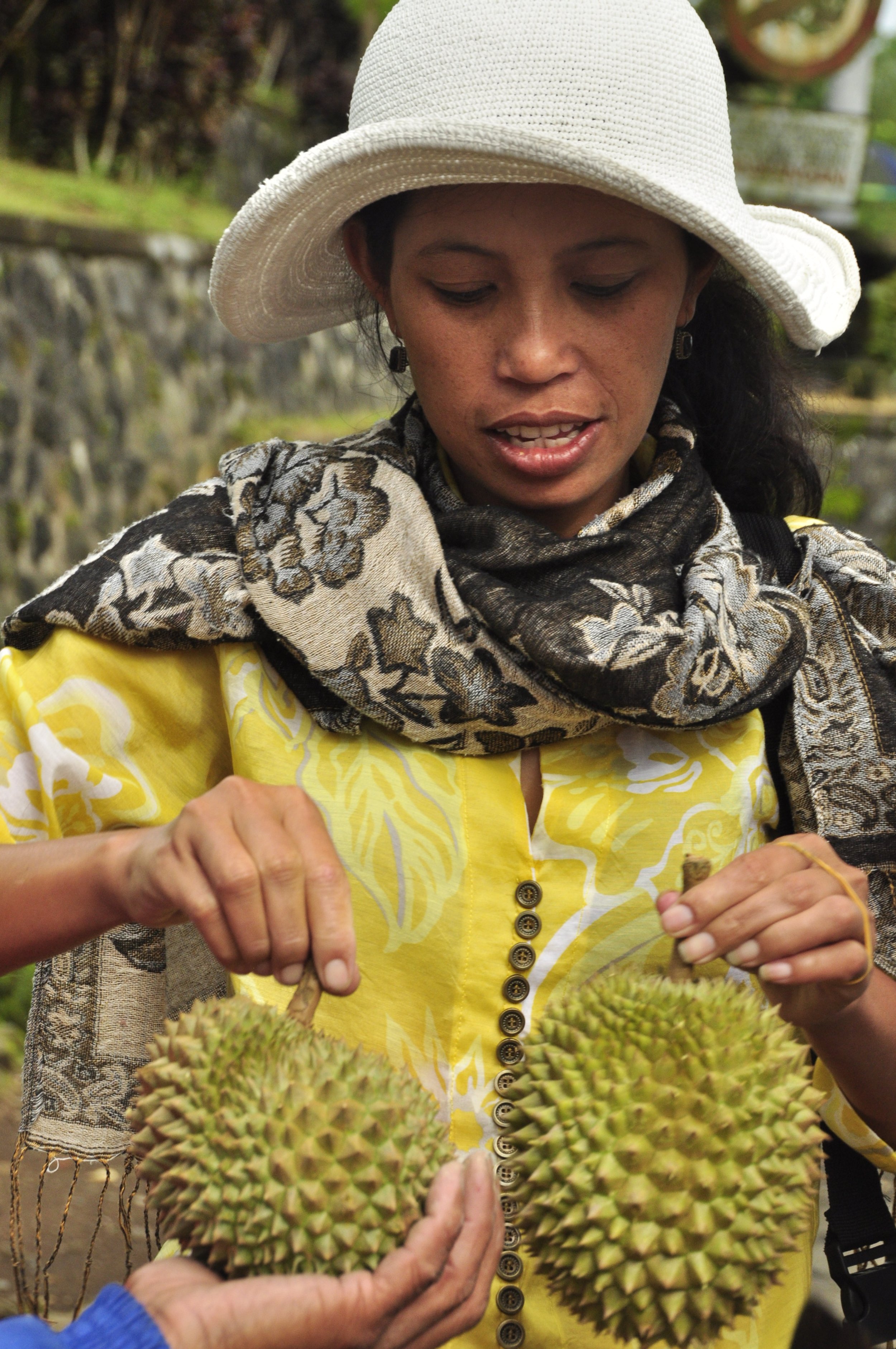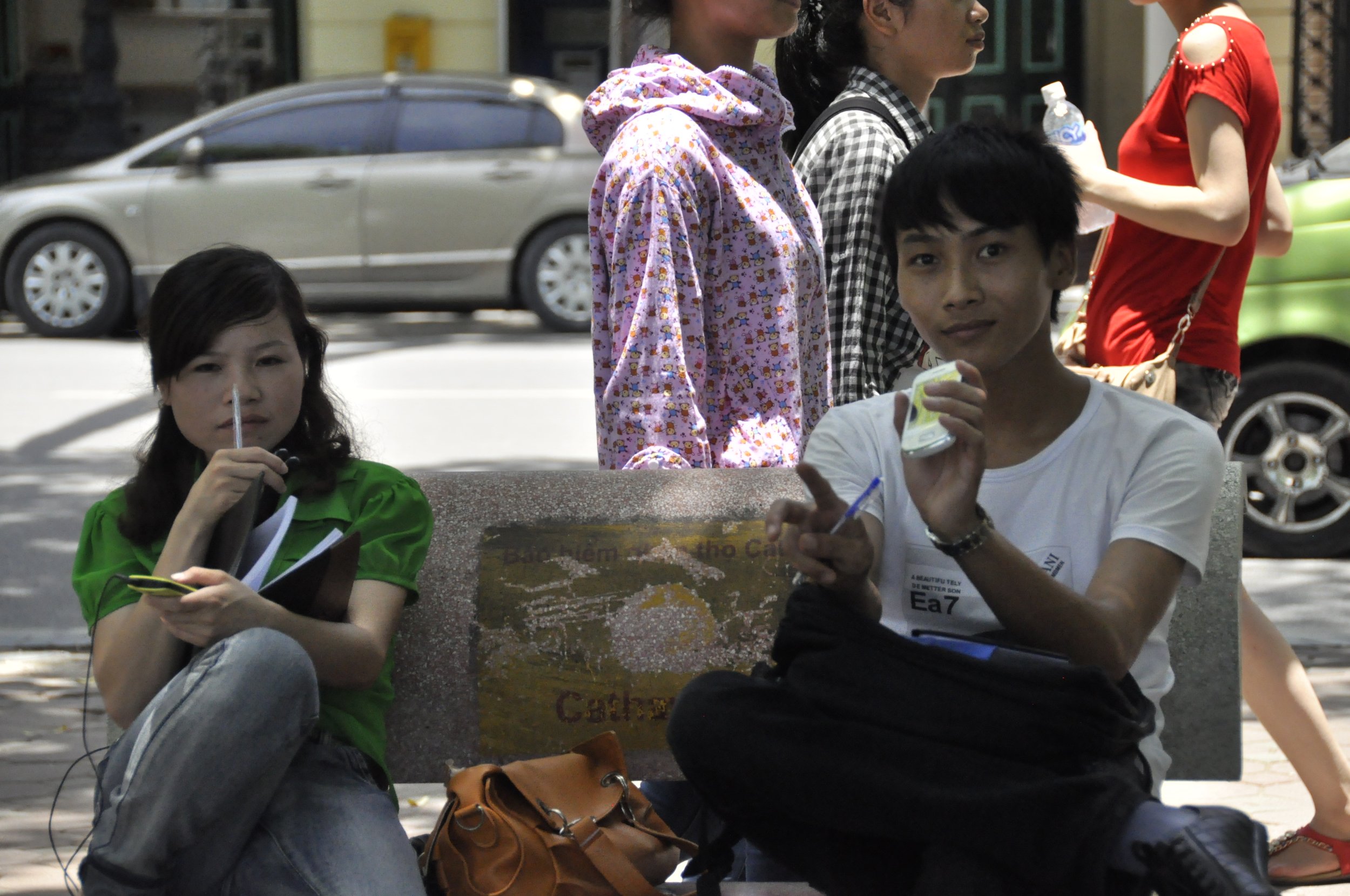EVALUATION OF DEVELOPMENTAL LEADERSHIP RESEARCH
Assessing the influence of the Developmental Leadership Programme (DLP) on policy and practice in the Indo Pacific and validating its lasting global impact
Client
University of Birmingham (UoB)
La Trobe University (LTU)
Australian Department of Foreign Affairs and Trade (DFAD)
Period
2022 - 2023
Services
Evaluation,
Partnership
Locations
Indo-Pacific, Global
Areas
Research to Policy and Practice,
Governance and Social Accountability,
Social Justice and Empowerment
From September 2022 to June 2023, Collaborative Impact worked with the Developmental Leadership Programme (DLP) partners to review its ongoing relevance and to conduct an independent evaluation of its global legacy and third phase research-to-policy influence in the Indo Pacific.
DLP is a global research initiative funded by the Australian Department of Foreign Affairs and Trade (DFAT) and led by University of Birmingham in partnership with La Trobe University. Initiated in 2006, the programme aimed to advance understanding of 'developmental leadership' (DL) and 'thinking and working politically' (TWP). Through 2018, DLP focused on building global thought leadership in these areas. Its third phase (2019-2023) shifted focus in the midst of the global COVID-19 pandemic to local leadership research in the Indo Pacific, driven by locally embedded research teams (based in Indonesia, Cambodia, Sri Lanka, PNG, Solomon Islands, Marshall Islands, Fiji, Australia and New Zealand).
Building on an internal review of DLP’s ongoing relevance, the evaluation objectives were to:
Confirm DLP's lasting global impact,
Assess its last phase regional policy influence and GEDSI integration (gender equality, disability, and social inclusion) in the Indo Pacific, and
Develop future DL research partnership and funding scenarios to inform DFAT's policy under a new Australian Government, emphasizing partnership development and leadership strengthening across the region.
A PIALA-based developmental evaluation approach was used, focused on assessing and comparing emergent influence and historical impact. The evaluation involved a collaborative review and design process, and a multi-case study of selected project cases (incl. non-elite women’s political leadership in Indonesia and Sri Lanka, disability leadership in Indonesia, local leadership beyond state limits in Papua New Guinea) and DFAT flagship programs (incl. Pacific Women, Balance of Power, and Women’s Leadership).
The evaluation was well received and found successful in:
Adapting in flexible ways as the evaluation progressed and challenges emerged,
Identifying gaps in existing monitoring data and finding imaginative ways to fill these, and
Generating a rich, nuanced and multi-level understanding of DLP’s portfolio and ways of working, and the contributions it had made to influencing policy and practice.
“CI pioneered collaborative pathways to measure emerging DLP outcomes and to help development policy and design overcome critical challenges following the pandemic and changes in government.”
DFAT Global Programs and Partnerships Branch
What made the evaluation successful…
Both the DLP research and the independent evaluation adopted an inclusive and transdisciplinary approach using alternative measures and collaborative methods and acknowledging the existence and validity of multiple views, values, realities, ways of knowing
Participation and collaboration was conceived as an exercise in the delegation of rigour and power requiring ‘Thinking and Working Politically’ (TWP) to ensure safe and equal voice and avoid the dominance of single truth claims
The evaluation pivoted methodologically through its discussion on GEDSI in focus groups and sensemaking sessions, enabling researchers and local DLP stakeholders to push back on donor-imposed normative frameworks and inject greater sensitivity towards local contexts and views of the world.



